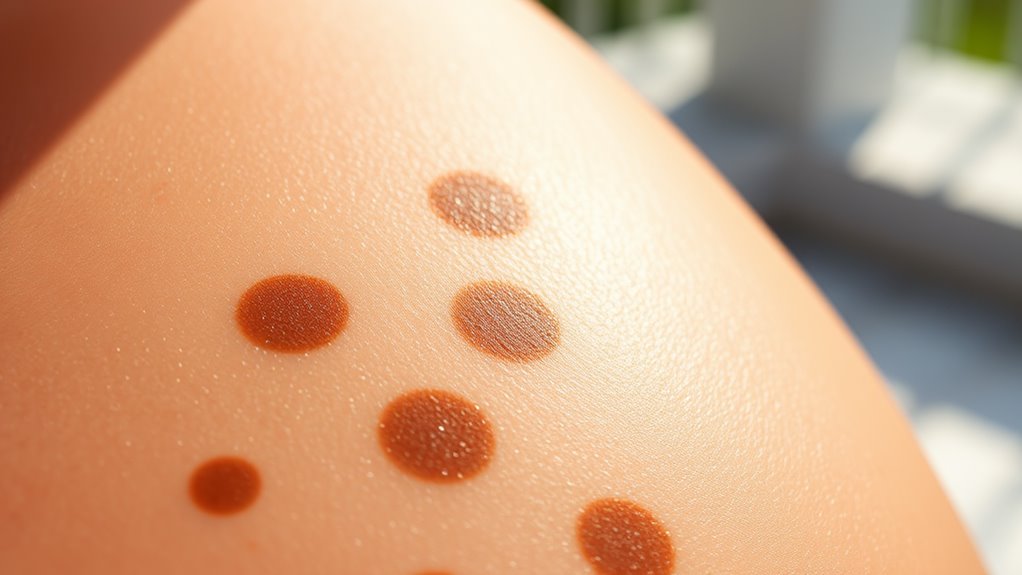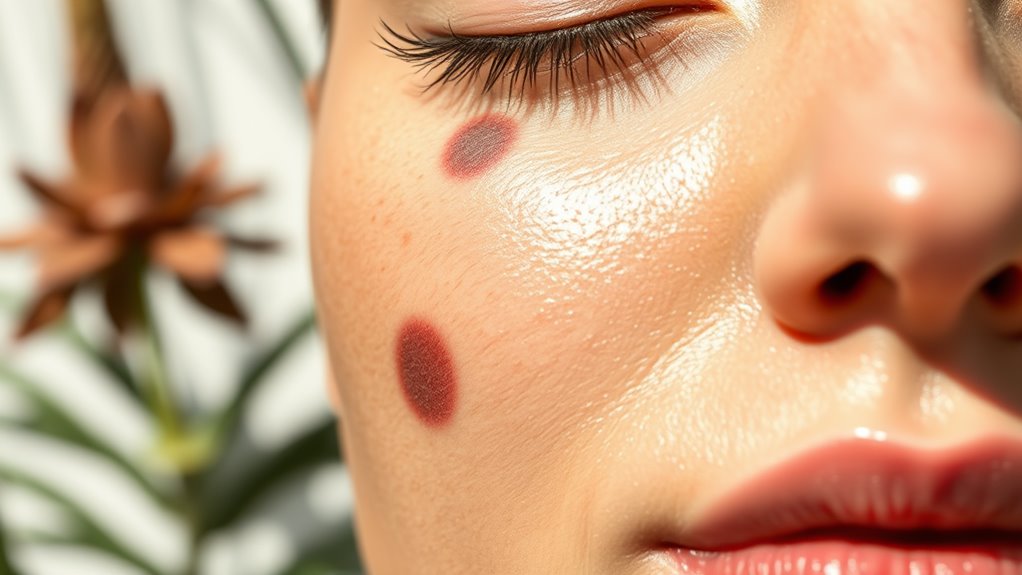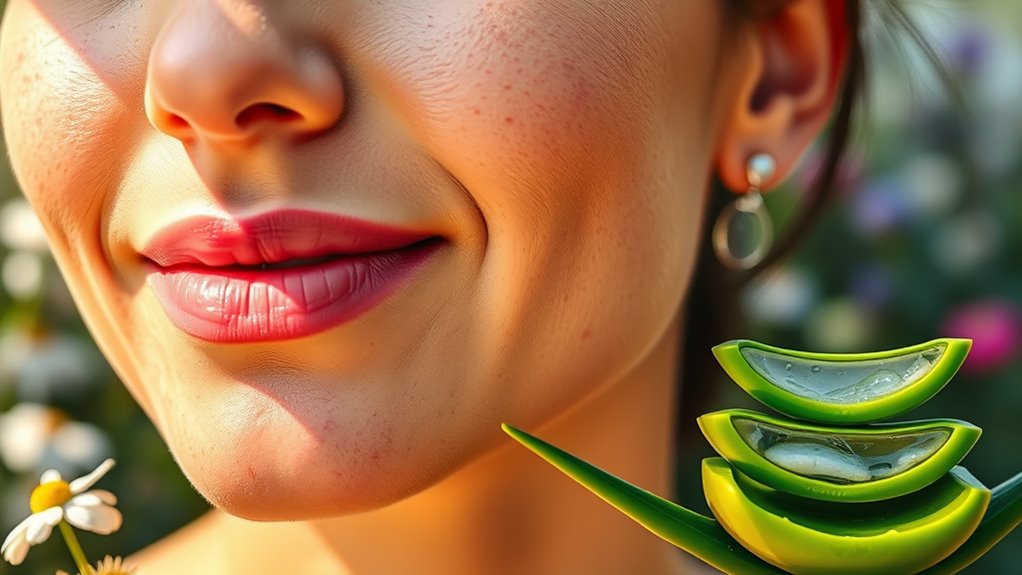How Long Do Dark Spots Take to Fade. Here’s the Real Timeline
When it comes to dark spots, patience is key. You might notice some improvement within a few weeks, but don’t expect miracles overnight. The timeline for fading can vary greatly based on factors like your skin type and the severity of the spots. If you’re curious about what to expect and how to speed up the process, keep going. There’s more to uncover about achieving clearer skin.
Key Takeaways
- Dark spots can start fading within four to six weeks, but full fading may take several months or longer, depending on severity.
- Fresh post-inflammatory hyperpigmentation generally fades faster than older, more stubborn dark spots.
- Consistency in topical treatments, like Vitamin C or hydroquinone, is crucial for noticeable results over time.
- Sun exposure can exacerbate dark spots, making broad-spectrum sunscreen essential for maintaining fading progress.
- Individual skin type and overall skin health significantly influence the speed at which dark spots fade.
Understanding Dark Spot Fading Time
Have you ever wondered how long it takes for dark spots to fade? Understanding dark spot fading time is vital for anyone seeking clearer skin. Typically, you can expect these spots to start diminishing within a few weeks to several months, depending on various factors.
If you’re using topical treatments, such as vitamin C serums or hydroquinone, you might notice early signs of fading within four to six weeks. However, don’t get discouraged if you don’t see immediate results; consistency is key.
The severity of the dark spots also plays a significant role in fading time. If you’re dealing with fresh post-inflammatory hyperpigmentation, you might find it fades quicker than older, deeper spots. For stubborn areas, you could be looking at a journey that lasts six months or even longer. Knowing this can help you set realistic expectations and stay committed to your skincare routine.
In addition, your skin type and overall skin health will influence how quickly these spots fade. For instance, individuals with lighter skin tones may notice faster results than those with darker complexions. Furthermore, sun exposure can impede progress; UV rays can darken spots and slow down the fading process. As a result, always protect your skin with a broad-spectrum sunscreen.
Ultimately, patience and persistence are essential in this journey. While the timeline can vary, sticking to a proper regimen and being mindful of factors like sun exposure will help you achieve the clear skin you desire. Additionally, understanding the typical timeline for dark spot fading can empower you to track your progress more effectively.





